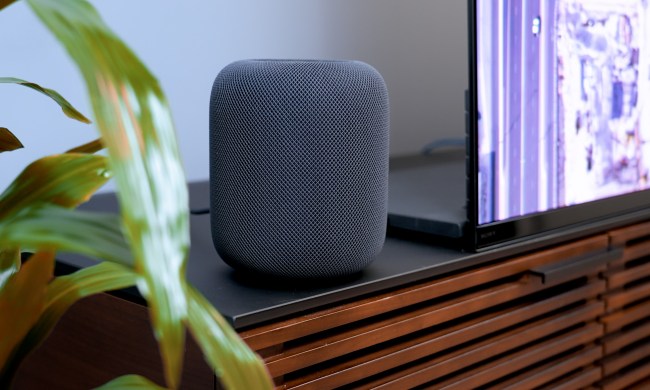“Alexa, where do you get answers to questions?” Alexa’s response to that question may surprise you (see below). In the first week of December 2018, Amazon announced Alexa Answers, a program to encourage customers to add answers and information to Alexa.
According to Amazon’s DayOne blog, until now, the Alexa division has added the answers to common potential questions to a data bank, merging information from multiple sources.
“Alexa is getting smarter every day — she can now do millions of things, and just in the last year we added more than one billion data points to Alexa’s knowledge, federating a large number of sources that inform our knowledge graph,” wrote Amazon Vice President of Alexa Information Bill Barton.
Alexa Answers will change that, although the program is by invitation only. Starting December 6, 2018, Amazon is sending email invites to certain customers to begin contributing answers for Alexa. The customers will be selected by their history of writing product reviews or engagement with Alexa, The Verge reports.
This move follows an internal beta during November, in which only Amazon employees participated, Amazon added more than 100,000 responses. Those answers have already been used with customers millions of times, Barton says.
Alexa Answers participants will be directed to a website where they can access questions Alexa has been asked before but couldn’t answer. The questions are organized by subject area, and answers cannot be longer than 300 characters (not words), according to Fast Company.
Questions and answers will both be screened, to stop “potentially offensive questions from surfacing on the Alexa Answers site, and to prevent profane or offensive words and topics from surfacing in answers,” Amazon told The Verge.
“After a customer submits the answer, the answer may be given to Alexa customers. Then, when the next customer asks Alexa the question answered by the community, Alexa will have access to that answer and can choose to respond by attributing the response to ‘an Amazon customer’ before providing the answer” Barton wrote.
From Barton’s statement, it appears there will be two additional filters to customer-supplied answers. That answers “may be given to Alexa customers” implies some level of human or machine judgment. And then, when responding to a question Alexa “can choose to respond” with a response from the Alexa Answers program, attributing credit (and partial responsibility) for the answer to an unidentified “Amazon customer.”
Alexa users who hear customer-supplied answers will have the chance to vote them up or down. Too many negative responses will result in the answer’s deletion.
While you’re awaiting an email invite to contribute to Alexa Answers, here are example questions from Amazon’s blog:
- How many birds migrate?
- What is Juniper syrup?
- Where is the most snowfall?
- Where was the world’s largest wave surfed?
- How long does it take for an ice cube tray to freeze?
Digital Trends went straight to the source and asked, “Alexa, where do you get answers to questions?”
Alexa’s first response was, “Sorry, I don’t know that.”
On the chance we had not spoken sufficiently clearly, we asked again and received a nearly identical response, “Hmmm, I don’t know that.”
Alexa’s answers could mean that, indeed, Alexa isn’t privy to her own sources. Or, maybe she knows but isn’t telling.



